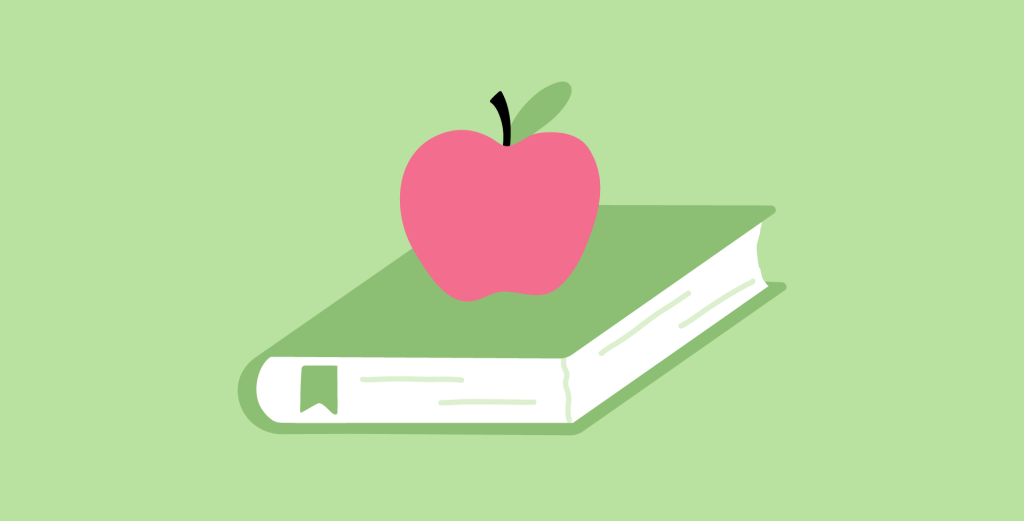
While meditation and mindfulness have existed for centuries, their target benefits have changed throughout the years. Traditionally, meditation was used as a part of a spiritual practice, possibly dating back to 6th century BCE. Since its ancient origins, meditation has been used to enhance many different aspects of life including physical health, mental health, sports performance, and overall mood. Recently, there’s been another spotlight: the use of meditation and mindfulness in schools.
Wellness practices like mindfulness and mediation are now being used more commonly in schools because of their ability to simultaneously increase emotional intelligence, improve academic performance, and improve student’s overall mental health.
Emotional intelligence is essentially the ability to control and recognize your own emotions and the emotions of those around you. Teachers embrace new ways to increase their students’ emotional intelligence as this type of intelligence is integral to the dynamic of the classroom. Recently meditation and mindfulness have been linked to increasing this important type of intelligence.
One study found that there is a significant relationship between mindfulness being practiced in schools and students being better socially adjusted overall. In a classroom setting, when a child has more emotional intelligence they are better able to get along with their peers, have more self-control, are more motivated to learn, and have empathy for others. The more emotional intelligence children demonstrate in classrooms, the higher the learning and social outcomes. Not only can meditation and mindfulness improve a single child’s learning experience, but it can help shift an entire classroom towards greater positivity and kindness.
Another study, conducted by the Boston Charter Research Collaborative with Harvard University, explored the effects that a program implemented directly in a school setting could have on students. It’s results found that the program of mindfulness reduced students perception of stress and increased attention spans. Additionally, the study also found that in a survey of students, those who personally incorporated qualities of mindfulness into their school work had higher grades and test scores than those who were less mindful during the same tasks.
A similar study found that students who participated in a mindful approach had lower dispositional cognitive anxiety. This reduction in anxiety benefited students in high pressure situations such as test taking and led them to receive higher scores. This illustrates that when students begin to use mindful practices, they experience less anxiety related to school work, which in turn helping them to focus on their current tasks at hand.
As education has seen a shift towards STEM over the past few decades, teachers have begun centering lessons around problem solving, a skill that is critical in determining academic success. A study in the Journal of Adolescent Health found that kids who participated in mindfulness improved their working memory capacity compared to others in the study who did not practice mindfulness. Working memory capacity is a vital component to learning new skills and topics as well as it is essential for problem-solving required in classrooms of all ages.
Meditation and mindfulness teach children valuable skills that go far beyond the classroom, giving them access to techniques and practices that will benefit them for a lifetime.
Wee Meditate is designed to teach kids meditation and mindfulness skills through our unique and effective storybook world method. Complete with guided story meditations, mini exercises, calming music, and more, Wee Meditate easily fits into any school-based mindfulness program or classroom management plan.
With either individual or group memberships, Wee Meditate can help make classrooms more harmonious and encourage a healthy learning environment.
Preview our meditation library and experience what makes our method of teaching so engaging.